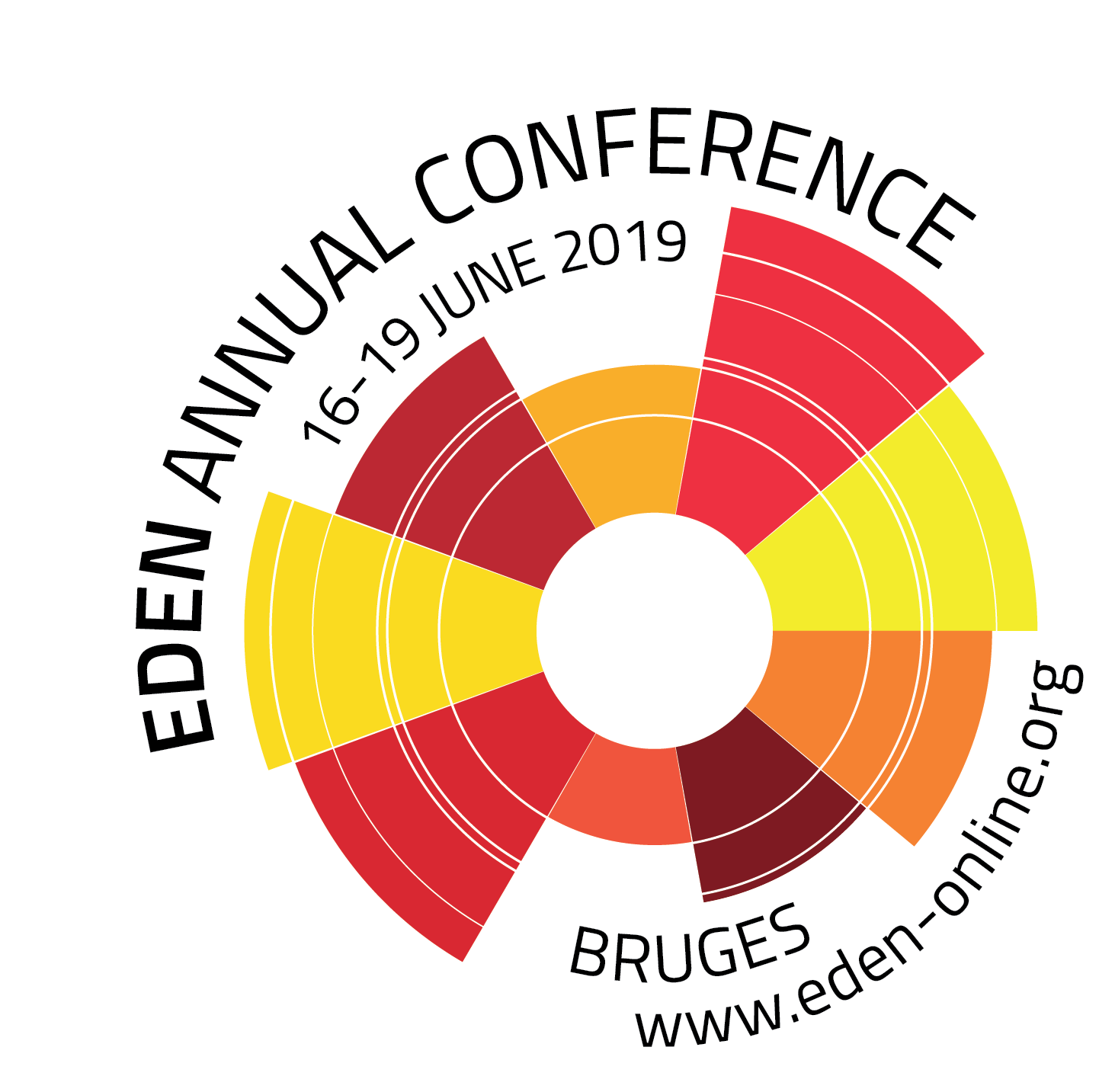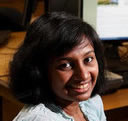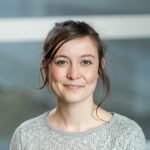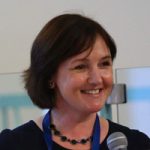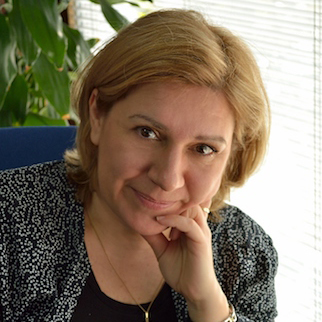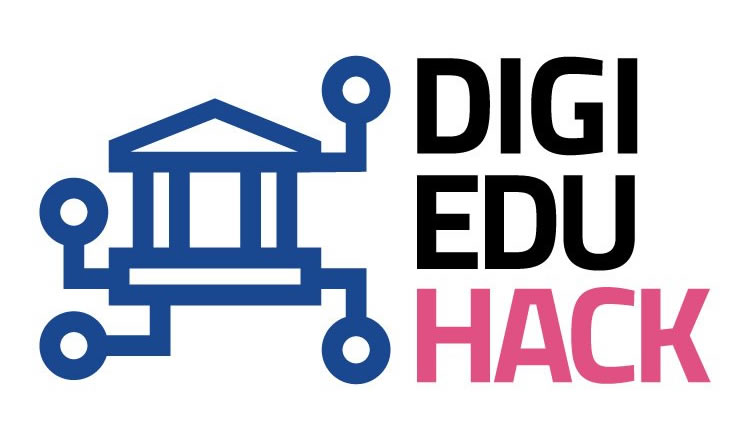The last EDEN NAP webinar and #EDENChat were held on 2 October 2019. The topic was “Widening access to open education – the way forward. What the MOONLITE project (2016-2019) has shown us”.
The ideas and practices that underlie open education have been around for a very long time. Given the promise of such a democratic approach to teaching and learning it is perhaps surprising that it is not more widely used. When Massive Online Open Courses (or MOOCs) appeared on the public radar around 2012 they looked a game-changer, something that could, once and for all, change the role of open education and its importance in the educational landscape. However, seven years later, while there is a wide range of these courses available, little change has taken place in the widespread adoption of open education.
As a result of the research undertaken in the MOONLITE project, and different and varied interchanges of ideas, debates, and collaborations with other academics and experts in the field of open education and social inclusion, it has been possible to identify seven key challenges, that we believe still need to be addressed to take open education to the next level. Namely:
- improving access to MOOCs and open education;
- keeping MOOCs open and free;
- the need for support in inclusive MOOCs;
- designing and developing MOOCs for social inclusion;
- the recognition of prior learning and MOOC certification;
- the need for open education policies at national and international levels;
- new funding and business models.
The webinar presented and discussed these challenges and considered how to widen access to open education.
The recording of the webinar can be accessed here.
The webinar was followed by an #EDENChat on the same topic on 2 October 2019, at 18:00 CEST and was hosted Alastair Creelman @alacre. You can read the archived discussion here.
#EDENChat is an online discussion event on Twitter initiated by Steering Committee of the EDEN Network of Academics and Professionals (NAP). It is mediated by members of the NAP community and runs for approximately 1 hour. Anyone can join in and contribute to the discussion which is presented in a Question and Answer format, and focuses on current issues in distance, open and e-learning. All sessions start at 18:00 CEST.
Previous #EDENChats are listed on the EDEN website according to topics.

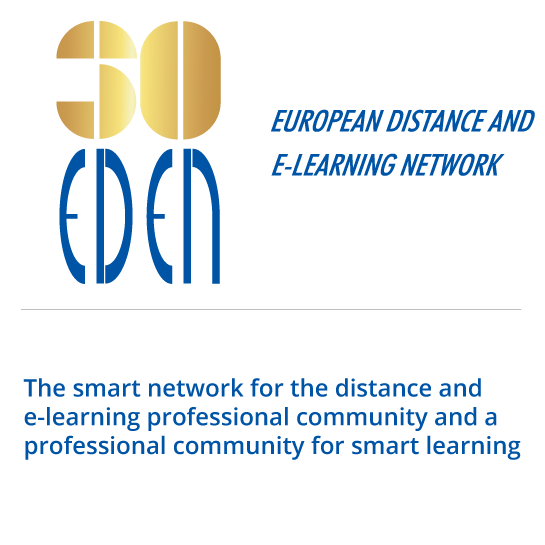
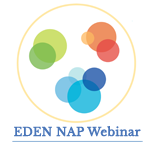

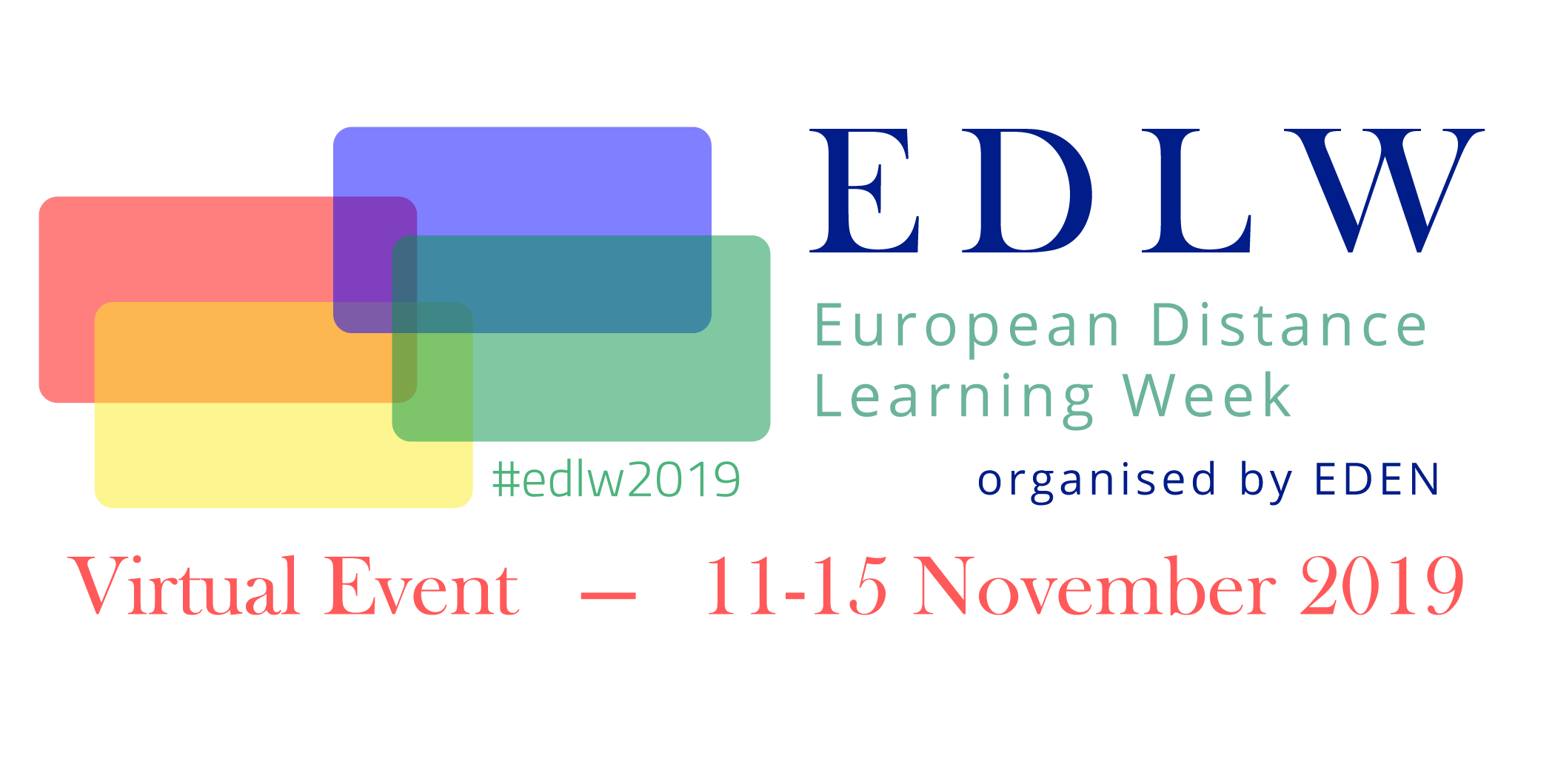
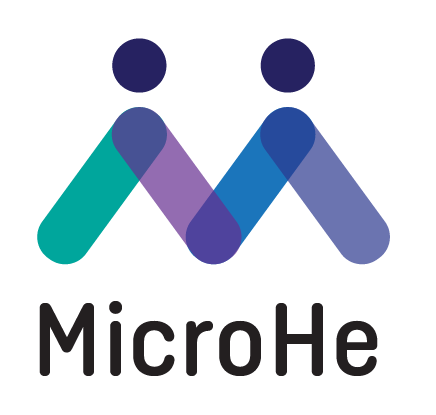
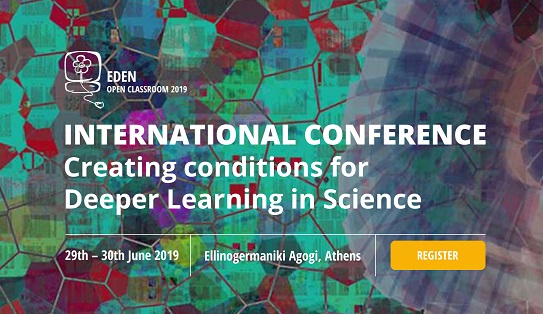
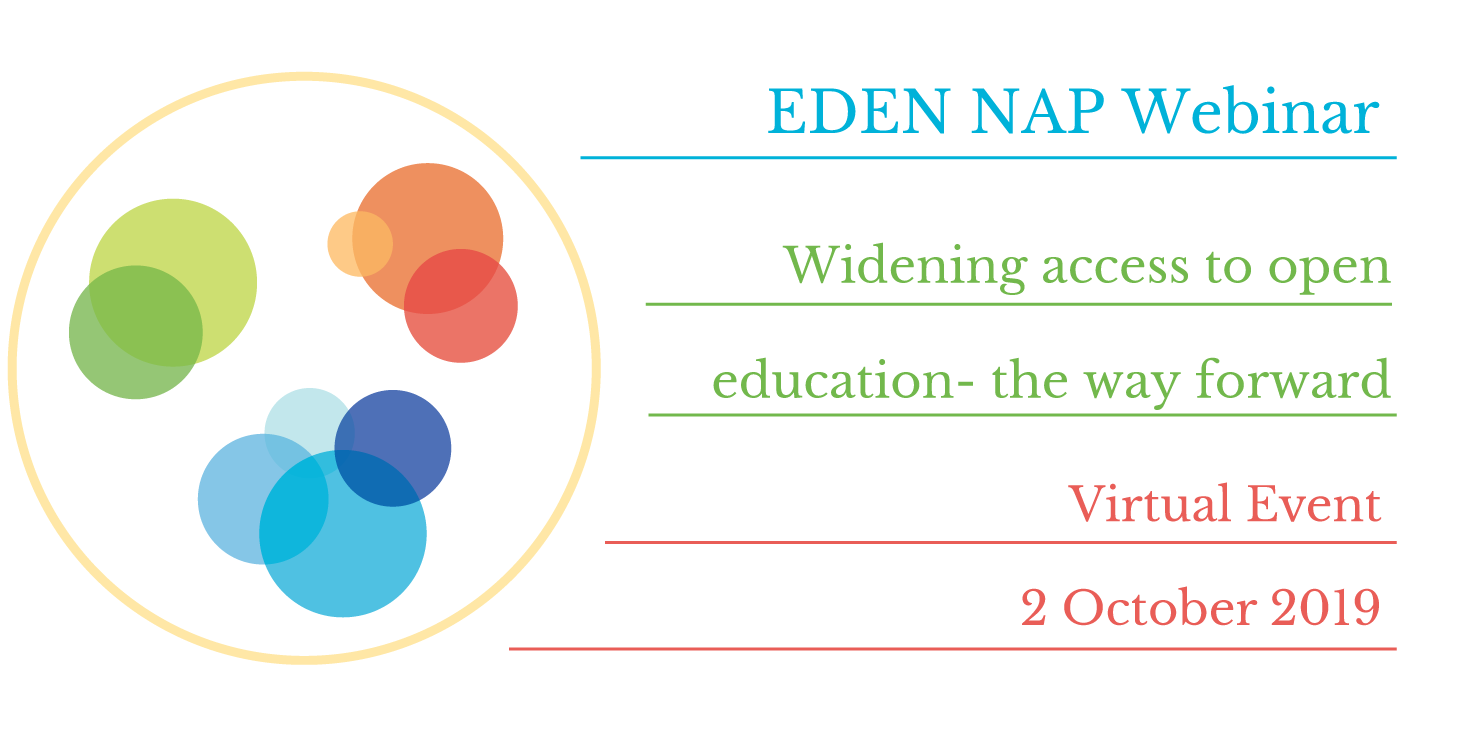
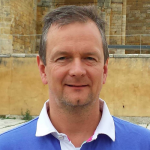 Timothy Read is a senior lecturer in the Department of Computer Languages and Systems at UNED, Spain. He has held a range of positions in the university government at UNED and is currently Pro-Vice Chancellor of Methodology and Technology. He is an EDEN Fellow and also the co-founder of the ATLAS research group and is currently working in European and nationally funded projects in the area of mobile-assisted language learning (MALL) and massive open online courses for languages (LMOOCs).
Timothy Read is a senior lecturer in the Department of Computer Languages and Systems at UNED, Spain. He has held a range of positions in the university government at UNED and is currently Pro-Vice Chancellor of Methodology and Technology. He is an EDEN Fellow and also the co-founder of the ATLAS research group and is currently working in European and nationally funded projects in the area of mobile-assisted language learning (MALL) and massive open online courses for languages (LMOOCs).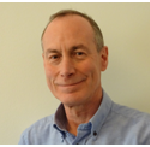 Alastair Creelman
Alastair Creelman

